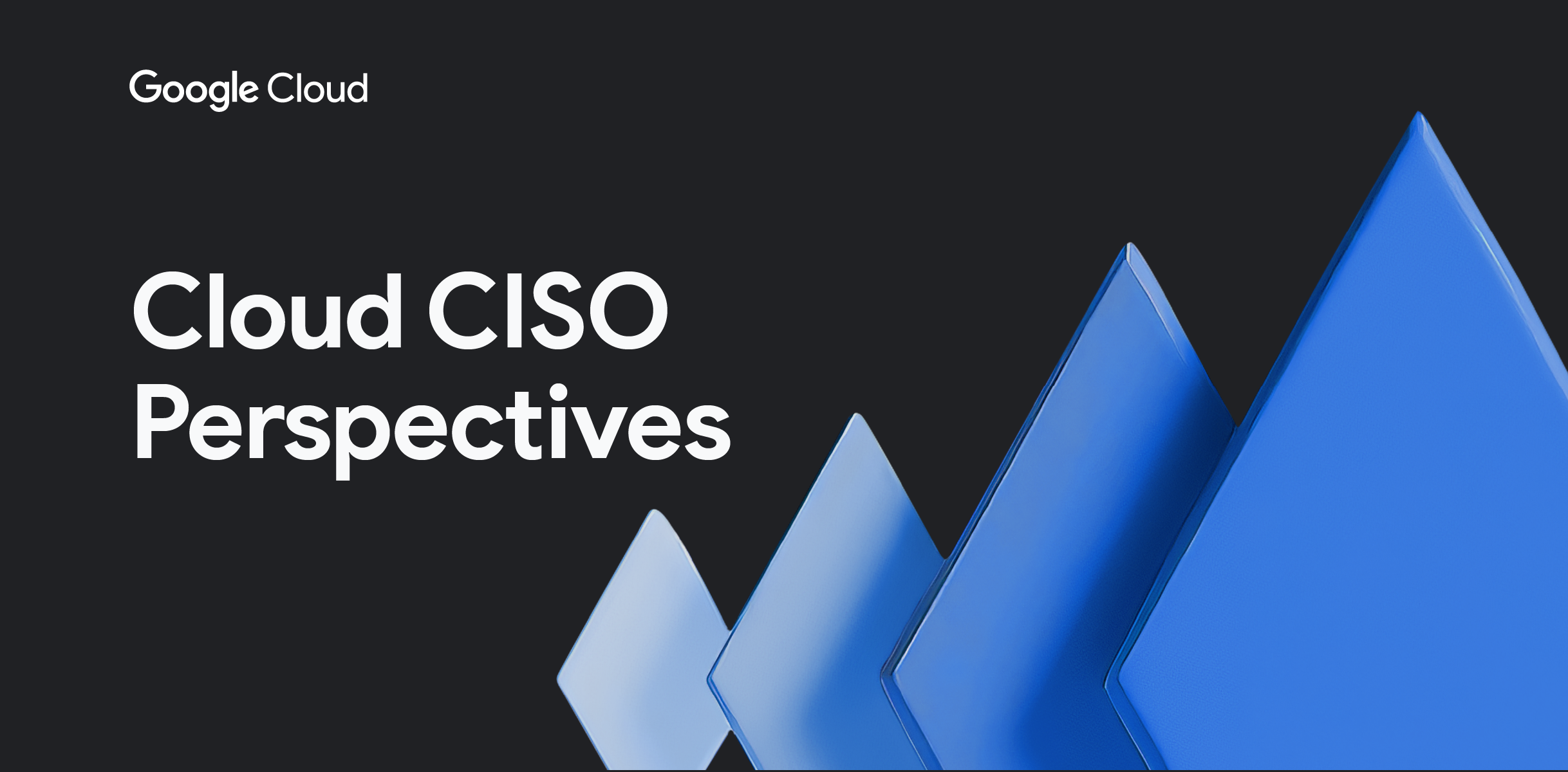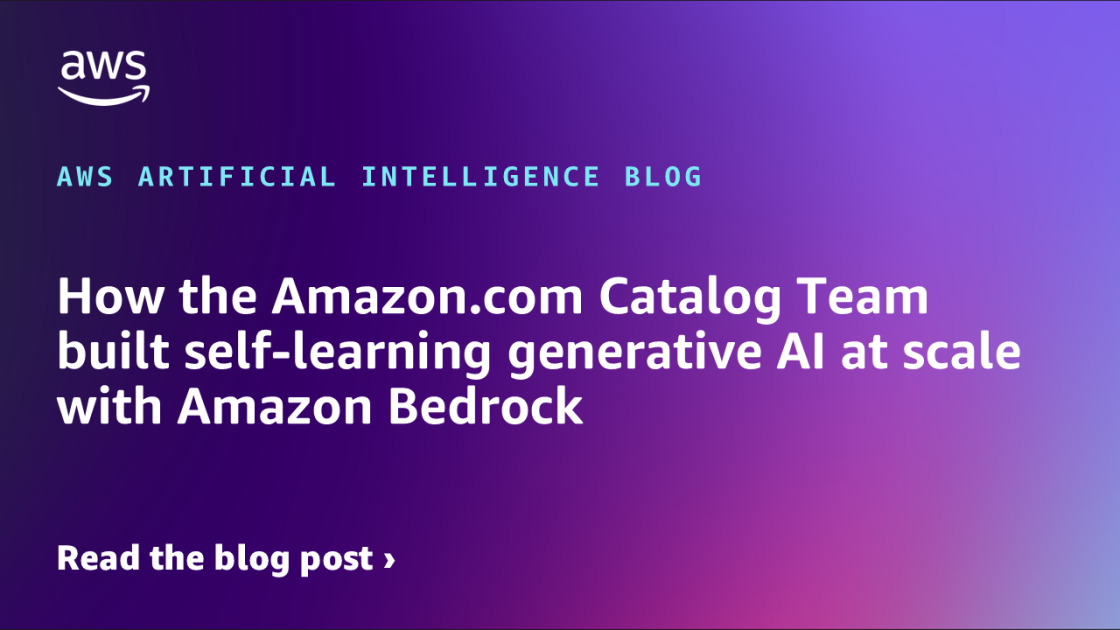
Cyberattacks targeting the healthcare domain, especially those that leverage ransomware, can take over healthcare systems – completely upending their operations and stopping them from providing life-saving medical procedures, coordinating critical scheduling and payment activities, stopping delivery of critical supplies like blood and tissue donations, and can even render the care facilities physically unsafe. In some cases, these cyberattacks have contributed to patient mortality. The statistics paint a grim picture:
- Ransomware attacks accounted for 54% of analyzed cybersecurity incidents in the EU health sector between 2021 and 2023, with 83% financially motivated.
- 71% of ransomware attacks impacted patient care and were often coupled with patient data breaches, according to a 2024 European Commission report.
- Healthcare’s share of posts on data leak sites has doubled over the past three years, even as the number of data leak sites tracked by Google Threat Intelligence Group increased by nearly 50% in 2024. In one example, a malicious actor targeting European organizations said that they were willing to pay 2% to 5% more for hospitals — particularly ones with emergency services.
- In-hospital mortality shoots up 35% to 41% among patients already admitted to a hospital when a ransomware attack takes place.
- The U.K.’s National Health Service (NHS) has confirmed that a major cyberattack harmed 170 patients in 2024.
“Achieving resilience necessitates a holistic and adaptive approach, encompassing proactive prevention that uses modern, secure-by-design technologies paired with robust detection and incident response, stringent supply chain management, comprehensive human factor mitigation, strategic utilization of artificial intelligence, and targeted investment in securing unique healthcare vulnerabilities,” said Google Cloud’s Taylor Lehmann, director, Healthcare and Life Sciences, Office of the CISO. “Collaboration across healthcare organizations, regulators, information sharing bodies and technology providers like Google is essential to get and stay ahead of these attacks.”
Bold action is needed to combat this scourge, and that action should include helping healthcare providers migrate to modern technology that has been built securely by design and stays secure in use. We believe security must be embedded from the outset — not as an afterthought — and continuously thereafter. Google’s secure-by-design products and services have helped support hospitals and health organizations across Europe in addressing the pervasive risks posed by cyberattacks, including ransomware.
Secure-by-design is a proactive approach that ensures core technologies like Google Cloud, Google Workspace, Chrome, and ChromeOS are built with inherent protections, such as:
- Encrypting Google Cloud customer data at rest by default and data in transit across its physical boundaries, offering multiple options for encryption key management and key access justification.
- Designing Google Workspace with security-first principles, incorporating AI defenses that block over 99.9% of spam, phishing, and malware, and client-side encryption.
- Building security and compliance into ChromeOS, which powers Chromebooks, to help protect against ransomware attacks. ChromeOS boasts a record of no reported ransomware attacks. Its architecture includes capabilities such as Verified Boot, sandboxing, blocked executables, and user space isolation, along with automatic, seamless updates that proactively patch vulnerabilities.
- Providing health systems with a secure alternative through Chrome Enterprise Browser and ChromeOS for accessing internet-based and internal IT resources crucial for patient care.
- Committing explicitly in our contracts to implementing and maintaining robust technical, organizational, and physical security measures, and supporting NIS2 compliance efforts for Google Cloud and Workspace customers.
Our products and services are already helping modernize and secure European healthcare organizations, including:
- In Germany, healthcare startup Hypros has been collaborating with Google Cloud to help hospitals detect health incidents without compromising patient privacy. Hypros’ innovative patient monitoring system uses our AI and cloud computing capabilities to detect and alert staff to in-hospital patient emergencies, such as out-of-bed falls, delirium onset, and pressure ulcers. They’ve tested the technology in real-world trials at leading institutions including the University Hospital Schleswig-Holstein, one of the largest medical care centers in Europe.
- With the CUF, Portugal’s largest healthcare provider with 19 hospitals and clinics. CUF has embraced Google Chrome and cloud applications to enhance energy efficiency and streamline IT operations. ChromeOS is noted in the industry for its efficiency, enabling operations on machines that consume less energy and simplifying IT management by reducing the need for on-site hardware maintenance.
- For the Canary Islands 112 Emergency and Safety Coordination Center, which is migrating to Google Cloud. Led by the public company Gestión de Servicios para la Salud y Seguridad en Canary Islands (GCS) and developed in conjunction with Google Cloud, this migration is one of the first in which a public emergency services administration has moved to the public cloud. They’re also using Google Cloud’s sovereign cloud solutions to help securely share critical information, such as call recordings and personal data, with law enforcement and judicial bodies.
Building partnerships and sharing information
Information sharing is a vital component of securing the healthcare sector against evolving cyber threats. Google actively develops partnerships with information sharing and analysis centers (ISACs) across more than ten critical infrastructure sectors, including a robust ambassadorship with the Health Information Sharing and Analysis Center (Health-ISAC), and with the European Union Agency for Cybersecurity (ENISA).
We believe that information sharing must extend beyond threat intelligence to encompass data-supported conclusions regarding effective practices, counter-measures, and successes. Reducing barriers to sophisticated and rapid intelligence-sharing, coupled with verifiable responses, can be the decisive factor between a successful defense and a vulnerable one.
Our engagement with organizations including the international Health-ISAC and ENISA underscores our commitment to building trust across many communities, a concept highly pertinent to the EU’s objective of supporting the European Health ISAC and the U.S.-based Health-ISAC’s EU operations.
Protecting European health data with Sovereign Cloud and Confidential Computing
We’re committed to digital sovereignty for the EU and to helping healthcare organizations take advantage of the transformative potential of cloud and AI without compromising on security or patient privacy.
We’ve embedded our secure-by-design principles in our approach to our digital sovereignty solutions. By enabling granular control over data location, processing, and access, European healthcare providers can confidently adopt scalable cloud infrastructure and deploy advanced AI solutions, secure in the knowledge that their sensitive patient data remains protected and compliant with European regulations like GDPR, the European Health Data Space (EHDS), and the Network and Information Systems Directive.
Additionally, Confidential Computing, technology that we helped pioneer, has helped narrow that critical security gap by protecting data in use.
Google Cloud customers such as AiGenomix leverage Confidential Computing to deliver infectious disease surveillance and early cancer detection. Confidential Computing helps them ensure privacy and security for genomic and related health data assets, and also align with the EHDS’s vision for data-driven improvements in healthcare delivery and outcomes.
Building trust in global healthcare resilience
We believe that these insights and capabilities offered by Google can significantly contribute to the successful implementation of the European Health Security Action Plan. We are committed to continued collaboration with the European Commission, EU member states, and all stakeholders to build a more secure and resilient digital future for healthcare.
To learn more about Google’s efforts to secure and support healthcare organizations around the world, contact our Office of the CISO.
Source Credit: https://cloud.google.com/blog/products/identity-security/cloud-ciso-perspectives-global-threats-eu-healthcare/




